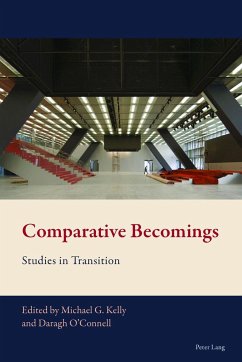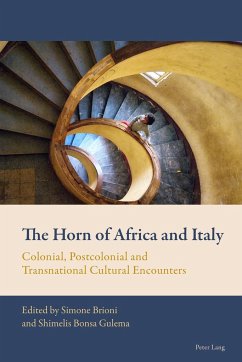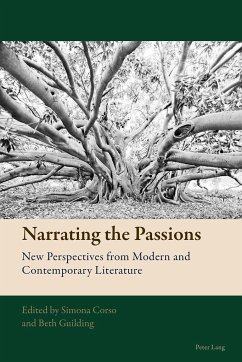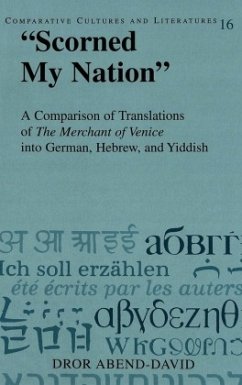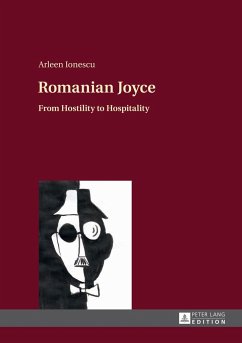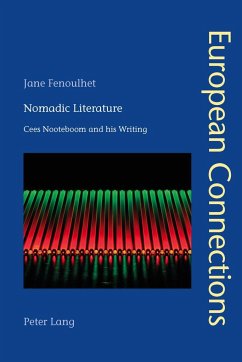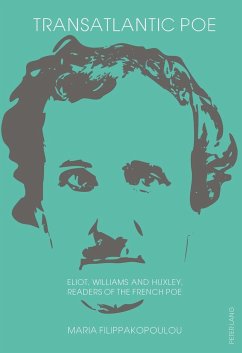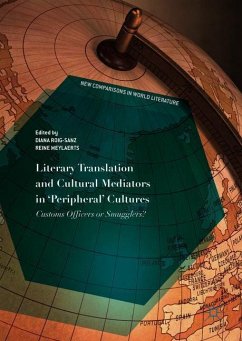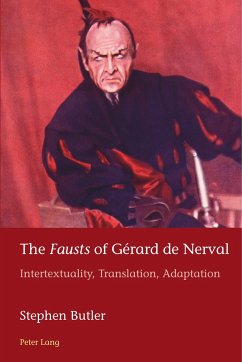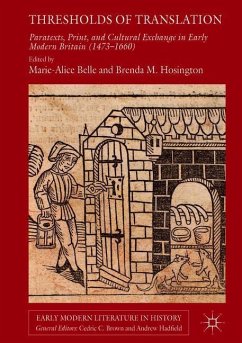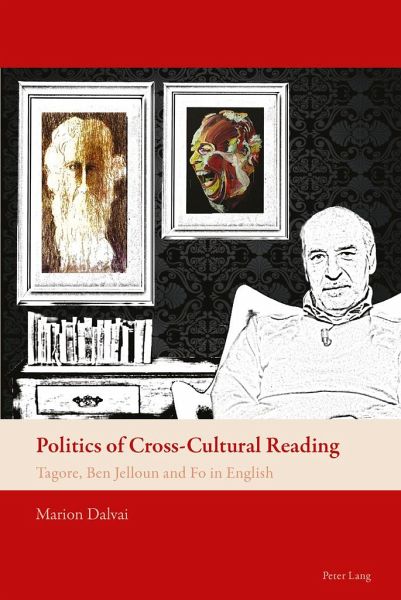
Politics of Cross-Cultural Reading
Tagore, Ben Jelloun and Fo in English
Herausgegeben: Mussgnug, Florian
Versandkostenfrei!
Versandfertig in 6-10 Tagen
85,75 €
inkl. MwSt.

PAYBACK Punkte
0 °P sammeln!
The last two decades have witnessed an upsurge in scholarship on world literature. In most of this work world literature is understood as a concept in intellectual history, as a cultural system or as a curriculum to be taught. Grounded in three empirical case studies, this book complements such approaches by asking what world literature in English is or has been and what role authoritative readers (translators, editors, publishers, academics and literary critics) play in constituting it as a field for others. The ambivalent position of English as a roadblock to international visibility and as ...
The last two decades have witnessed an upsurge in scholarship on world literature. In most of this work world literature is understood as a concept in intellectual history, as a cultural system or as a curriculum to be taught. Grounded in three empirical case studies, this book complements such approaches by asking what world literature in English is or has been and what role authoritative readers (translators, editors, publishers, academics and literary critics) play in constituting it as a field for others.
The ambivalent position of English as a roadblock to international visibility and as a necessary intermediary for other literary languages justifies a particular attention to what is presented as world literature in English. By emphasizing the constitutive function of cross-cultural reading, the book encourages reflection on the discrepancy between what is actually read as world literature and what might potentially be read in this way.
The ambivalent position of English as a roadblock to international visibility and as a necessary intermediary for other literary languages justifies a particular attention to what is presented as world literature in English. By emphasizing the constitutive function of cross-cultural reading, the book encourages reflection on the discrepancy between what is actually read as world literature and what might potentially be read in this way.





